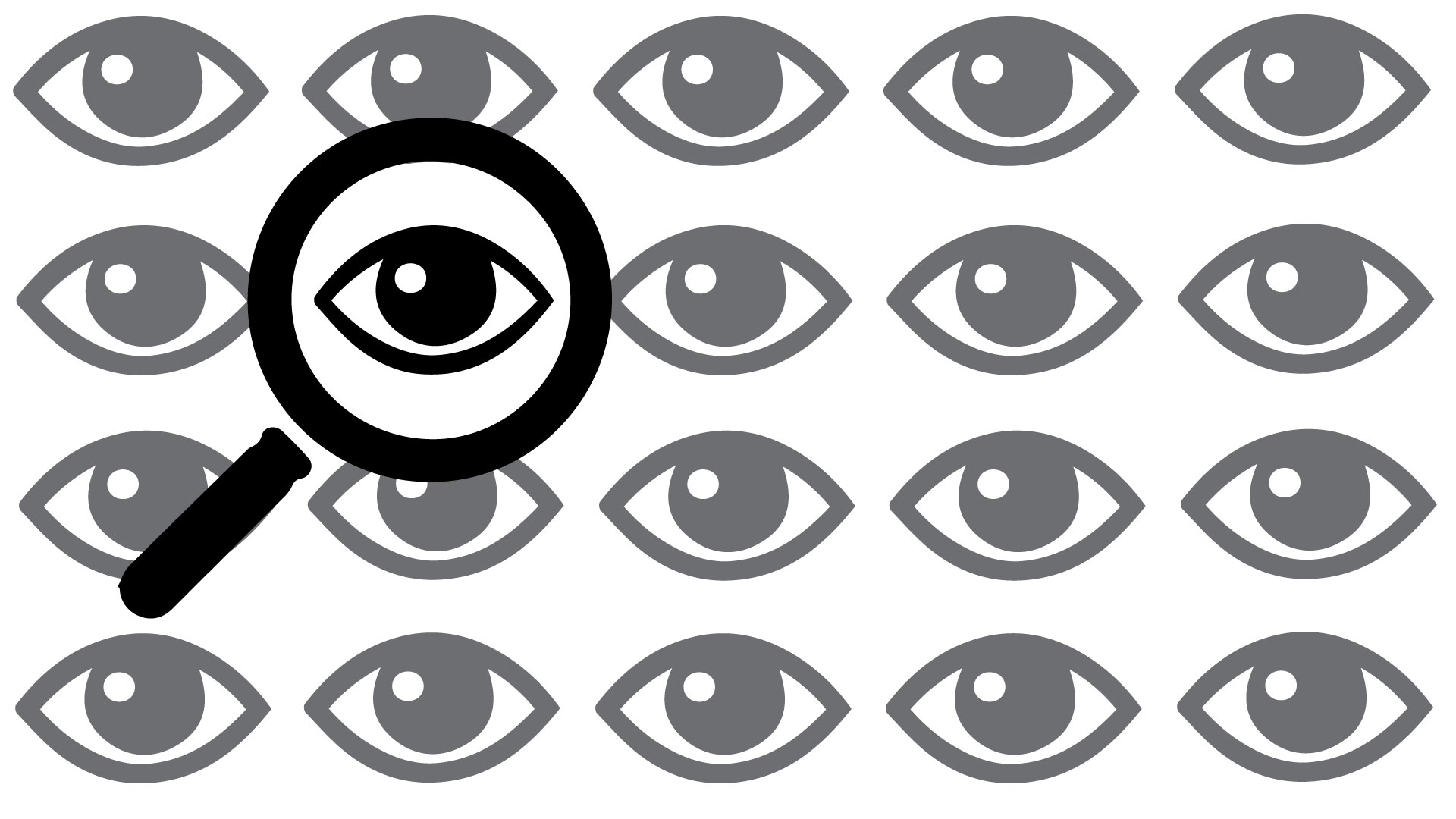
We take a look at the preconception about face recognition technology and how it is portrayed in popular culture. Like many things, there's more than meets the eye.
1984, George Orwell said it best “BIG BROTHER IS WATCHING YOU”, a line that seems to be repeated in different ways in different mediums over the course of human history. Big brother is usually a reference to the government, but it’s any authoritative power, who uses force, power, and technology to mindlessly control the majority of the population.
Movies and conspiracy theorists will tell you that big brother used to watch us and control us through large, gimmick, marketing posters, later through government spies who attended public functions with normal folks, and for the past few years big brother has been watching us through our cell phones, televisions, and emails. The new trending way for our big brother to watch us today is through facial recognition, facial mapping, and emotional analytics.
There is this huge social myth that we are being watched, all the time, in every way and by any new method of technology. Why do we think this way? Why do we think each one of us is so important that there is a body of people studying our every action and move?
The reality may be that we aren’t being watched at all and that this idea that facial tools are bad has just been fed to us by fantasy.
Movies and Books
Futuristic and sci-fi books and movies have been published and produced for years, but within the last 20 years there have been a great deal more of them. Minority Report, the most recent James Bond outings, military movies, robot movies, and many books touch upon facial recognition in usually a very similar scene.
Someone is trying to escape arrest or someone is trying to break into someone’s bank/vault and in both cases they need to avoid being detected as themselves and try their best to be detected as someone else. The message this image sends to your brain is that facial recognition is bad because what you look like, or who you are, puts you at risk.
Facial recognition is only scary for bad people. Think about it. If you are a criminal avoiding arrest, yes facial recognition is probably not your friend. A thief trying to break into someone’s home or business may think twice if they see it’s safeguarded with with facial recognition software.
If you are an abiding citizen of society why are you scared of facial recognition? It is protecting you from those bad people that movies are portraying. The only reason you may fear it is because when you watch a movie or read a book you are putting yourself into the perspective of the main character, but in your everyday life you have nothing to fear.
“But what if I am framed for a crime?!”
First, if you think you could be framed for a crime you may want to re-evaluate the people you are hanging out with, but jokes aside, if you are framed for a crime you will still probably be okay.
Why? If you are framed for a crime you did not commit during a time when facial recognition is used in public places to find criminals, large scale, then chances are other pieces of technology will be used as well to help prove your innocence.
Facial Databases
Another huge misconception with facial recognition is that companies and the government are keeping massive databases of our faces with our names and personal information. The reality is that a lot of companies that are using facial recognition delete their photos daily and if they do keep a database, and it is a private company, you most likely have agreed to it in the terms of use.
Does the U.S Government have a database of faces? According to the FBI, yes. Do we know whose faces they have, no, but we can assume that most of those faces are military personnel and criminals as those are the most avaliable faces they have at the moment. Could they have your face, it is likely as photos in public places are allowed but at the same time it is also very unlikely unless you’ve been arrested, your photo has been given to the police by your family, or you have done a background check with the government for a job.
It is extremely unlikely for these databases to also store your face with all of your personal information. What is more likely is if you allow your photo to be taken, tag yourself, or take a photo yourself and then link it with an online profile or email address, then that information will be stored with your picture so that the photos can be sent to you or viewed by you later.
Even so, these databases are being used to protect the public not harm us.
UPDATE: A recent government study suggests the FBI has around 400 million images in its database. While this may seem alarming at first glance, on closer inspection, the quantity and type of data on file is nothing that the government doesn't already possess. Driver Licenses and Passports are an every day tool for identifying individuals.
Protecting Yourself Against Facial Recognition
There are new companies and bloggers claiming that facial recognition is bad and that “big brother” is out there watching us. Why are they doing this? It could be that some of them are wary of something new or too hyped up by how things work in the movies. Of course it could be they are trying to sell you a product based off of your fears.
Whatever the reason, the disguises and counter measures being developed represent a strong reaction to topics such as personal privacy and rights.
This tells us we must always be mindful about how we apply [new] technology to everyday scenarios.
Protection & Learning
The big brother idea is not going away, it will forever be played out in our entertainment because big brother attacking the little guy or the suspect criminal makes a great story. For now the new facial technology will be attacked as the tool of use by big brother but in a few years it will be replaced by the newest form of technology, most likely AI or virtual reality.
Whilst it's easy to focus on the negative aspects, we see it as our responsibility to ensure this kind of technology is used for good. We believe strongly in its benefits and positive applications. We actively seek out those who share our vision, yet we also seek out those who do not. Only by listening, to all sides, can we truly understand how the perception of this technology affects society.
If you are interested in learning more contact us to have us show you why facial recognition can transform your business.
More from Kairos about face recognition and you:
Anonymous Video Analytics (AVA) Technology & Privacy
Kairos' Commitment to Your Privacy and Facial Recognition Regulations
Fixing Face Recognition Biases

Ben Virdee-Chapman
Ben is the CDO & Head of Product at Kairos, a Human Analytics platform that radically changes how companies understand people.